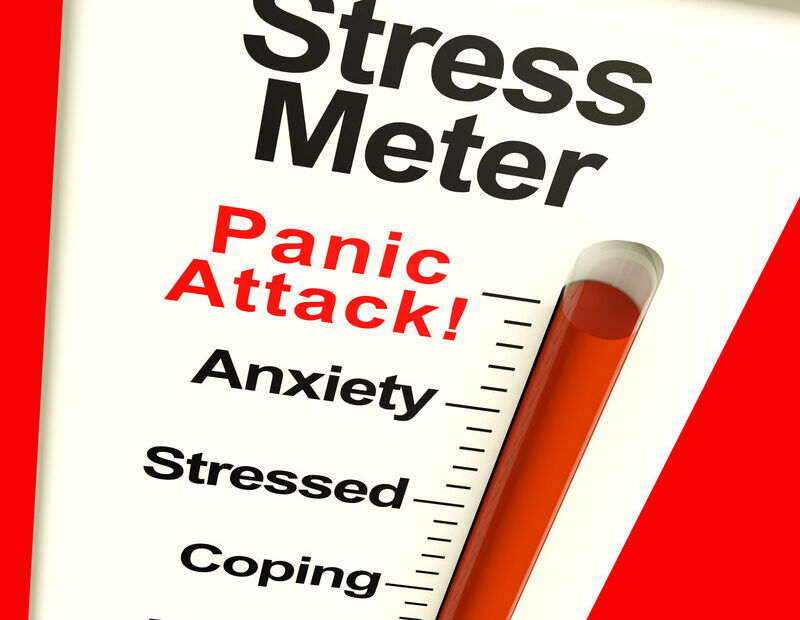The general definition of a panic attack is a sudden feeling of acute and disabling anxiety. But from a clinical perspective (as defined in DSM-5), “panic attacks” are different from “panic disorder”. Panic disorder is classified as an anxiety disorder.
You can have a panic attack due to Agoraphobia, Social Phobia and other anxiety disorders or due to Post-Traumatic Stress Disorder (PTSD).
But for it to be classed as “panic disorder”, you have to have had the above conditions ruled out as the cause and the panic attacks have to occur on a recurrent basis. You also have to be experiencing constant fears about having future attacks and, often be avoiding situations that may trigger or remind you of previous panic attacks.
How can you tell if you are having a panic attack?
Panic attacks are often misdiagnosed as other conditions, such as heart disease, respiratory disease or hyperthyroidism. A panic attack is an abrupt surge of intense fear, terror, or discomfort that reaches a peak within minutes and includes at least four of the following symptoms:
- Overwhelming fear of going crazy or losing control of one’s life
- Heart Palpitations
- Shortness of breath
- Sweating
- Trembling
- Sense of choking
- Chest pain
- Nausea
- Dizziness
- A feeling of being detached from the world (de-realization)
- Fear of dying
- Numbness or tingling in the limbs or entire body
- Chills or hot flushes
Many people experience their first panic attack due a build up of chronic stress.
Panic attacks are common among people with Agoraphobia and often result in the sufferer avoiding being outside of the home. They are also common among those with PTSD.
Treatments for panic attacks
Some people find it helps if they start to feel like they might be about to have a panic attack, if they focus on their feet. Feel their toes. Or feel the texture of the chair they are sitting in. Or sense what they are smelling. Using the senses and grounding themselves can sometimes stop the panic from taking control.
Psychotherapy, also called talk therapy, has been shown to be the best first line of treatment for panic attacks. Contact us to schedule an appointment for psychotherapy.
Medication options for panic attacks typically include Benzodiazepines, Selective Serotonin Reuptake Inhibitors (SSRIs) and Serotonin and Norepinephrine Reuptake Inhibitors (SNRIs) antidepressants. The medications used to treat panic attacks can have side effects.

